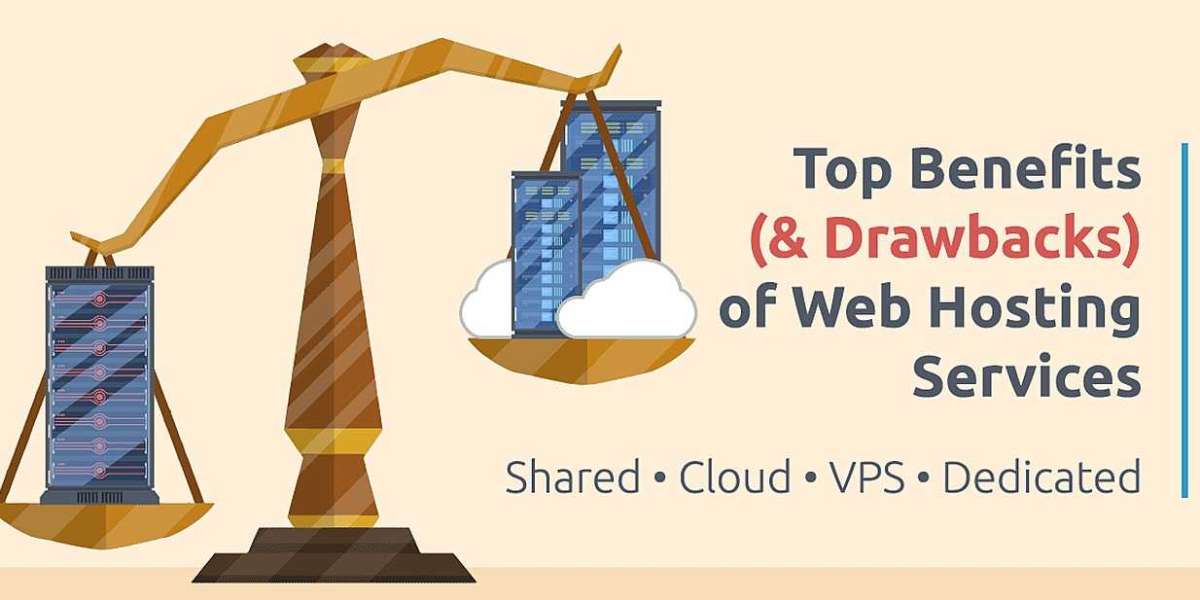When it comes to managing a website, one of the most important considerations is ensuring its security. Websites are often targeted by hackers and other malicious actors who seek to gain access to sensitive information or compromise the functionality of the site. One effective way to enhance the security of a website is by using a web hosting provider that includes a website firewall as part of its services. In this article, we'll explore the benefits of using a web hosting provider with a website firewall.
First, let's define what a website firewall is. A website firewall is a security solution that monitors and filters incoming web traffic to a website. It acts as a barrier between the website and the internet, blocking harmful traffic from reaching the site and allowing legitimate traffic to pass through. Essentially, a website firewall serves as a gatekeeper that helps to prevent malicious activity from reaching a website.
Now, let's dive into the benefits of using a web hosting provider with a website firewall
Enhanced Security
The most obvious benefit of using a web hosting provider with a website firewall is enhanced security. By blocking harmful traffic from reaching the website, a website firewall can prevent a variety of attacks, including DDoS attacks, SQL injection attacks, and cross-site scripting attacks. It can also prevent unauthorized access to the website's backend.
Protection against DDoS Attacks
DDoS attacks are one of the most common online threats faced by websites today. A DDoS attack is a malicious attempt to disrupt the normal traffic of a targeted server or network by overwhelming the target or its surrounding infrastructure with a flood of internet traffic. The impact of a DDoS attack can be devastating for a website, resulting in downtime, lost revenue, and damage to its reputation.
A website firewall can help protect against DDoS attacks by detecting and blocking suspicious traffic before it reaches the website. By filtering out malicious traffic, the website firewall can help ensure that legitimate traffic can still access the website, even during an attack.
Protection against SQL Injection Attacks
SQL injection attacks are a common type of cyber attack that targets websites that use SQL databases. These attacks exploit vulnerabilities in the website's code to inject malicious SQL statements into the database.








